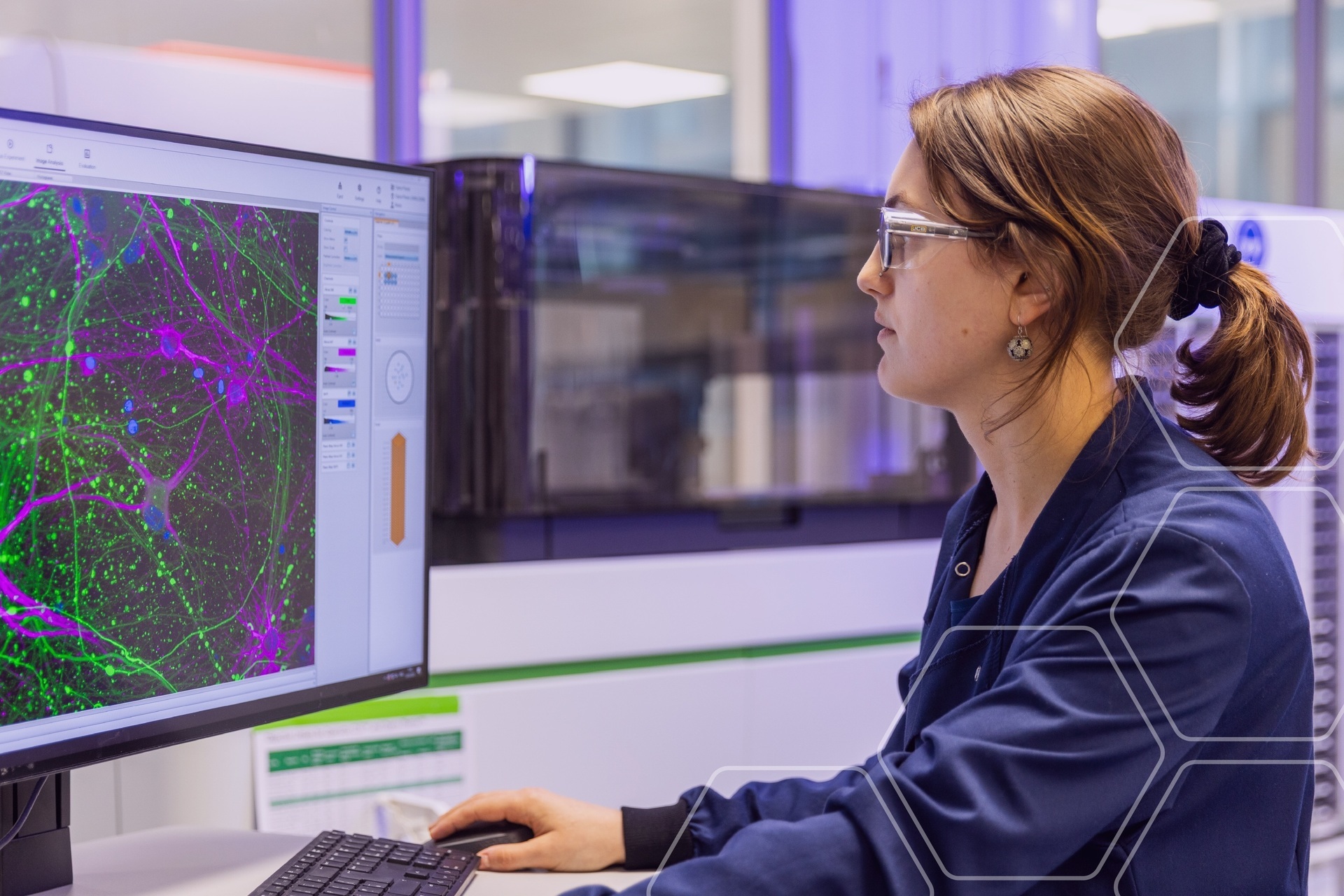11 November 2025

The Medical Research Council, Wellcome Trust, and Innovate UK have today announced a major new £15.9m initiative to enable the development of advanced, specific and highly reproducible human-based in vitro models of disease, with the aim of making them widely available to researchers in academia and industry.
Medicines Discovery Catapult (MDC) will collaborate with researchers on four funded projects to support the development and adoption of these models.
Improving how we model human diseases in the lab will help scientists test new treatments more reliably before they reach patients in clinical trials. This leads to smarter decisions earlier in the drug development process, resulting in safer and more effective medicines as well as better outcomes for patients.
These models will also help to reduce the reliance on animal (in vivo) models in research and drug development. While in vivo models remain important in preclinical research, they have limitations because they do not always reflect the full complexity of human disease.
MDC, a national life science service, will apply its drug discovery expertise to support academic leaders in developing and advancing their models for wider use. The projects, supported by MDC, include:
The projects will contribute to a toolkit of methods being developed to improve the use of human-based in vitro models in drug discovery, improving the translation of early research into successful clinical trials. The funding will be delivered in partnership with the National Centre for the Replacement, Refinement, and Reduction of Animals in Research (NC3Rs).
Dr Martin Main, Chief Scientific Officer at Medicines Discovery Catapult, said:
“Medicines Discovery Catapult is proud to partner with pioneering academic collaborators, through this funding initiative, to help redefine the future of drug discovery. Together, we are merging cutting-edge systems with world-class scientific expertise to bridge the gap between early-stage data and clinical impact. By generating more powerful, predictive insights, we will accelerate the path to better treatments – and ultimately, improve patient outcomes.”